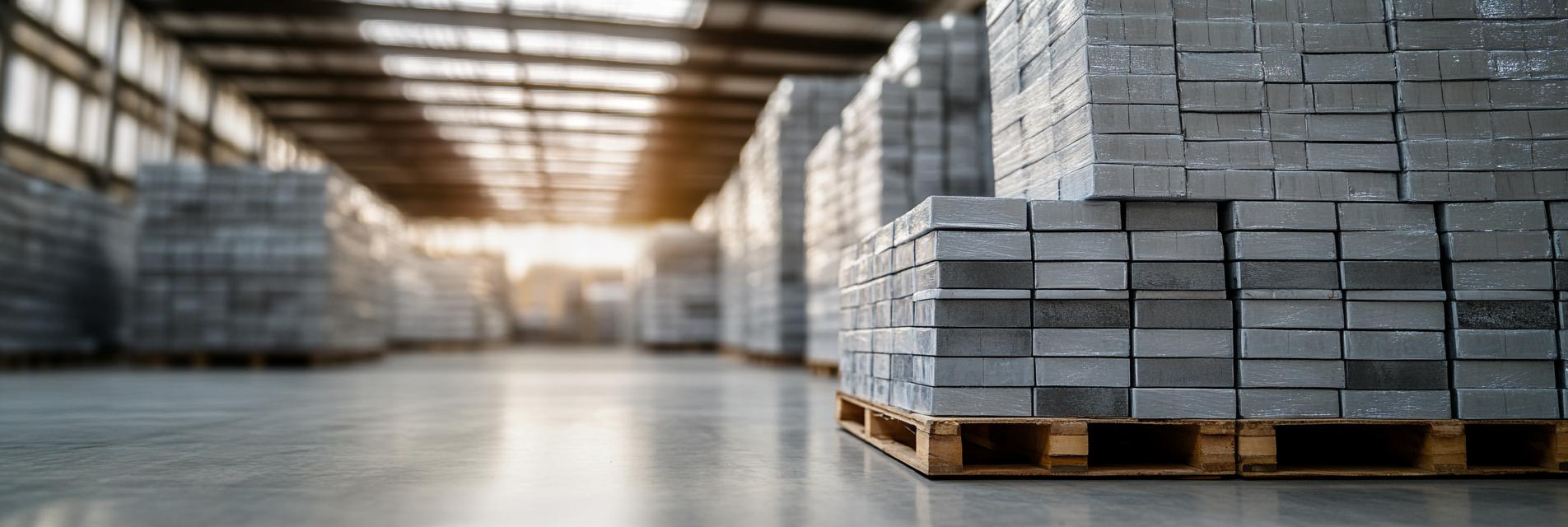In the competitive landscape of global glass manufacturing, the operational efficiency and durability of melting furnaces serve as critical success factors. The AZS33 castable refractory bricks, developed by Zhengzhou Tianyang Refractory Materials Co., Ltd., have emerged as a benchmark solution tailored specifically for glass industry melting furnaces. These high-performance materials deliver superior mechanical strength and chemical resistance, both essential for maintaining stable furnace operation and extending service life. This application tutorial presents an in-depth technical overview of AZS33 bricks, highlighting their compositional advantages, microstructural features, and key performance metrics to assist procurement specialists and technical decision-makers in making informed selections.

AZS33 bricks are primarily composed of fused alumina (Al2O3), zirconia (ZrO2), and silica (SiO2), with a typical formulation containing approximately 33% Al2O3. The precise fusion and casting process results in a homogeneous microstructure characterized by tightly interlocked spinel phases and well-distributed zircon crystals. This microstructural arrangement significantly contributes to the material’s outstanding thermal shock resistance and mechanical integrity under extreme operating conditions in glass melting environments.
| Property | AZS33 Castable Brick | Standard AZS Brick |
|---|---|---|
| Cold Crushing Strength (MPa) | > 90 | 65 - 80 |
| Chemical Corrosion Loss (g/cm2/max soak) | 0.20 | 0.35 |
| Thermal Shock Resistance (Cycles) | > 20 | 12 - 16 |
These quantitative indicators underline AZS33's distinctive edge in withstanding aggressive glass melts and cyclic thermal loads, which are common hurdles in maximizing melting furnace lifespan. Enhanced cold crushing strength ensures that the brick structure resists mechanical deformation caused by furnace load and thermal gradients, while reduced corrosion loss translates directly to longer furnace lining durability.
Several global glass manufacturers employing AZS33 bricks have reported marked improvements in furnace uptime and product quality consistency. One European float glass plant documented a 25% reduction in downtime attributed to refractory maintenance after retrofitting with AZS33 linings. Another leading container glass producer in Asia achieved furnace life extension by over 15%, translating into substantial savings in operational costs and raw material consumption.
These cases underline the bricks' capacity to reinforce furnace stability under continuous operation, even amidst corrosive environments and high temperature variability. By mitigating the frequency of refractory replacements and furnace repairs, procurement managers can substantially reduce total cost of ownership and improve production schedules.
Utilizing AZS33 castable refractory bricks offers:
In summary, AZS33 castable bricks are engineered to provide a high-value, performance-driven refractory solution that addresses the most critical pain points in glass melting furnace operations. Their adoption not only enhances production stability but also contributes to a measurable improvement in operational cost efficiency.
Ready to upgrade your glass melting furnace stability and extend refractory lifespan? Contact Zhengzhou Tianyang Refractory Materials today for personalized technical support and competitive quotations.
Request a Consultation & Sample
